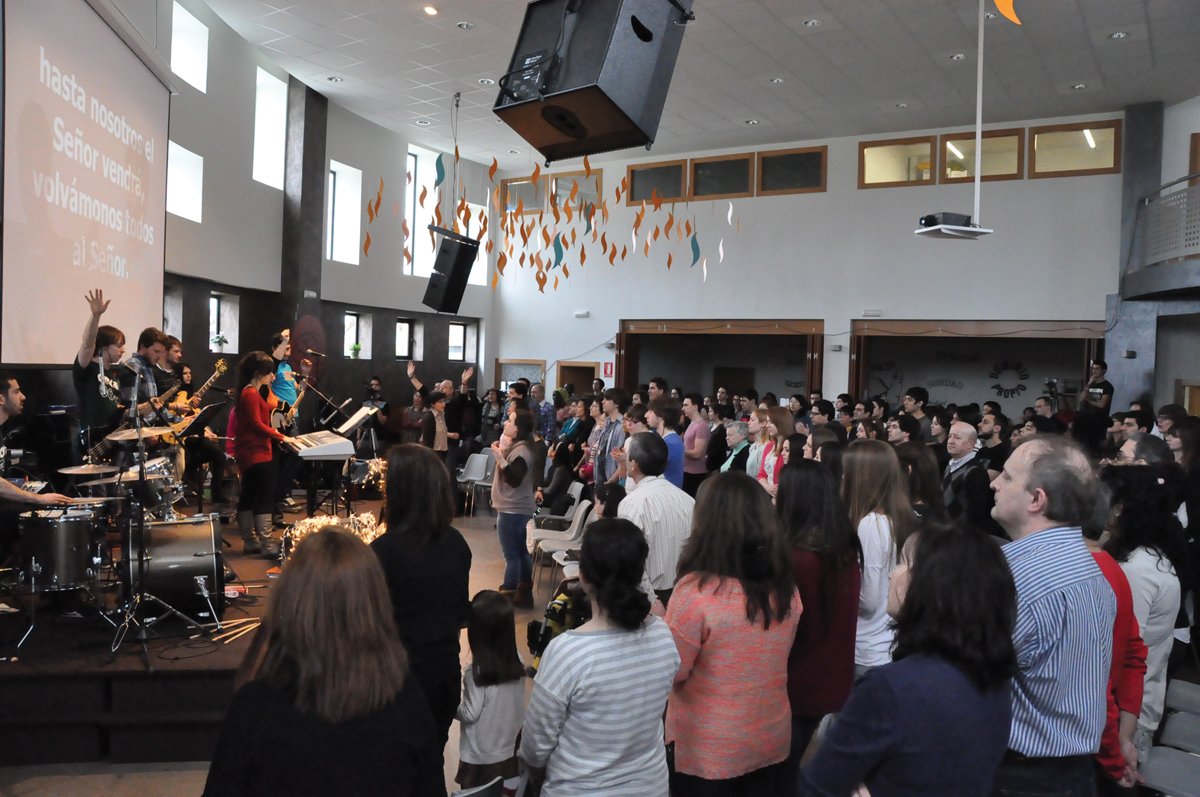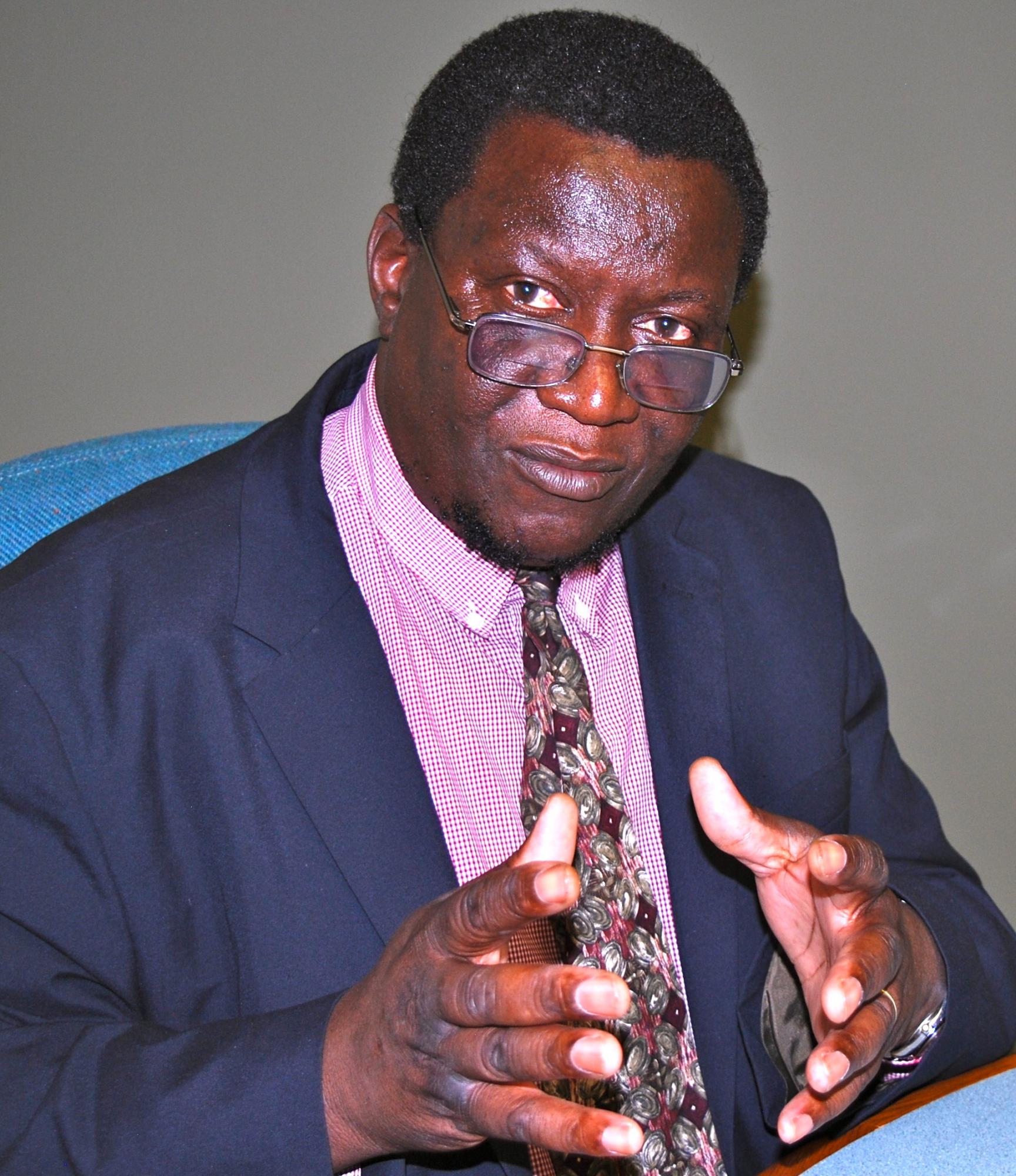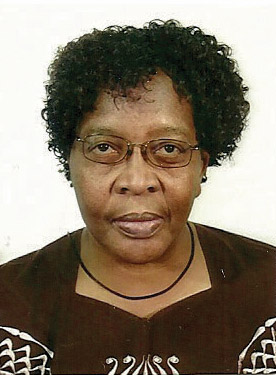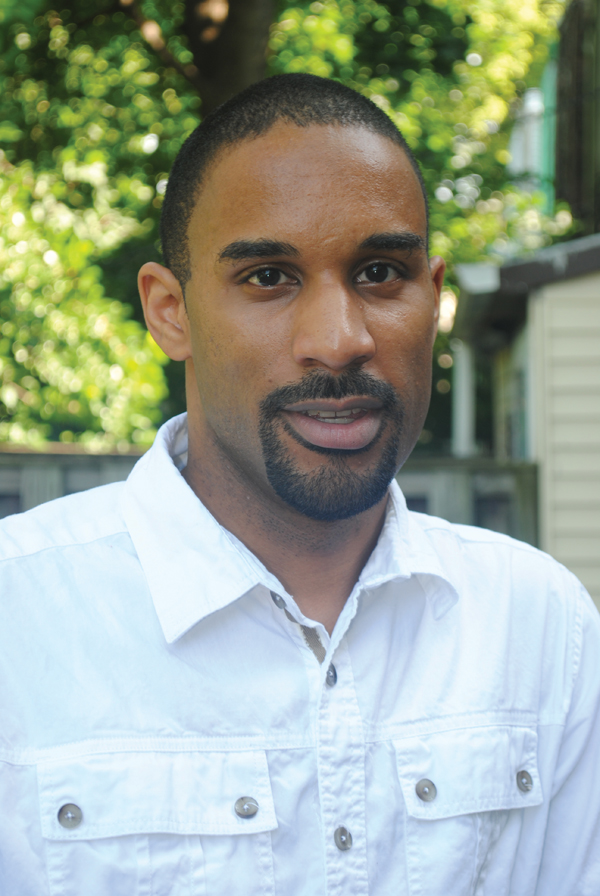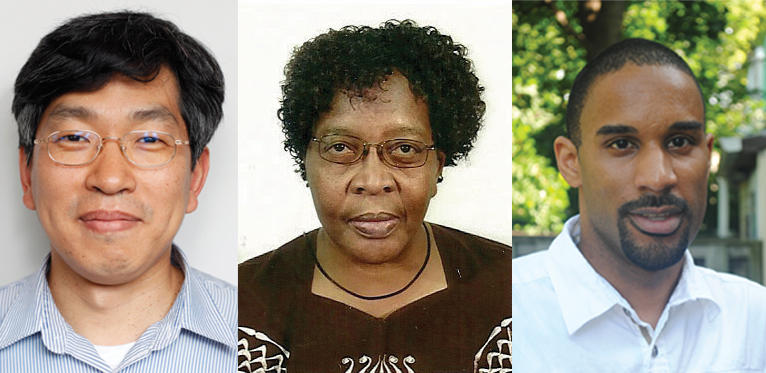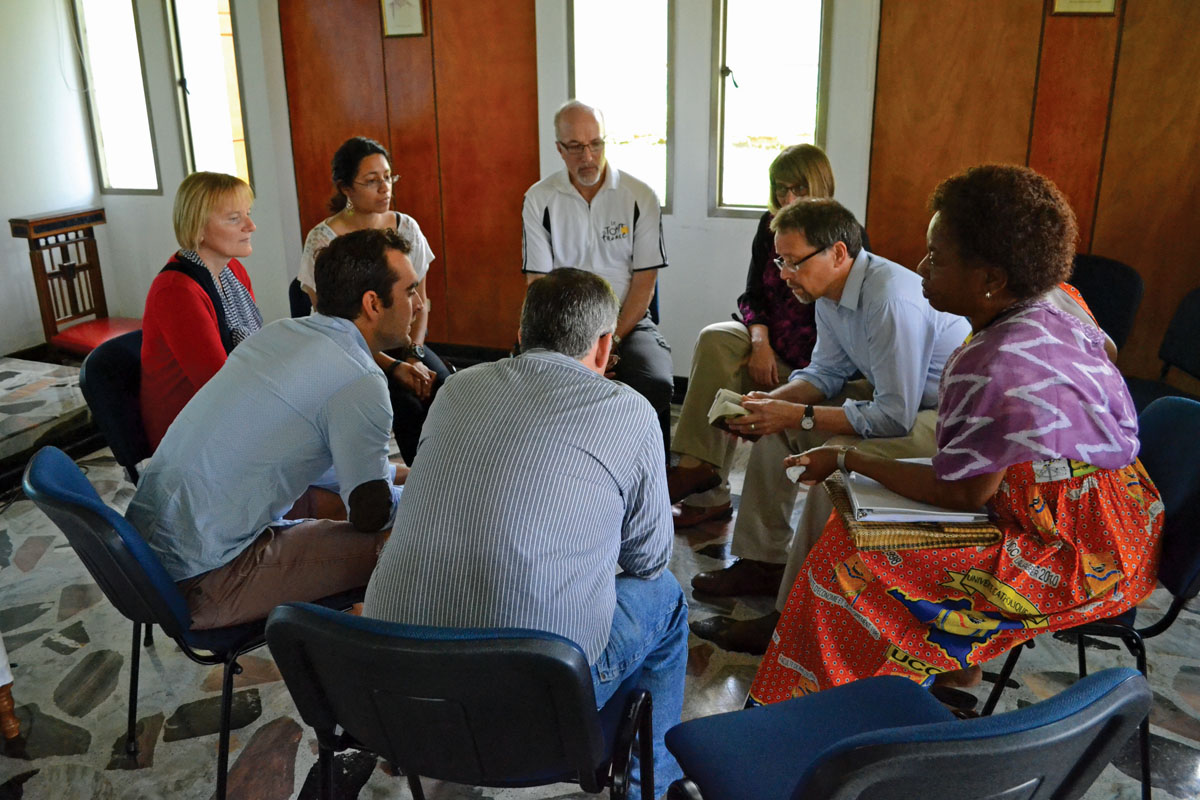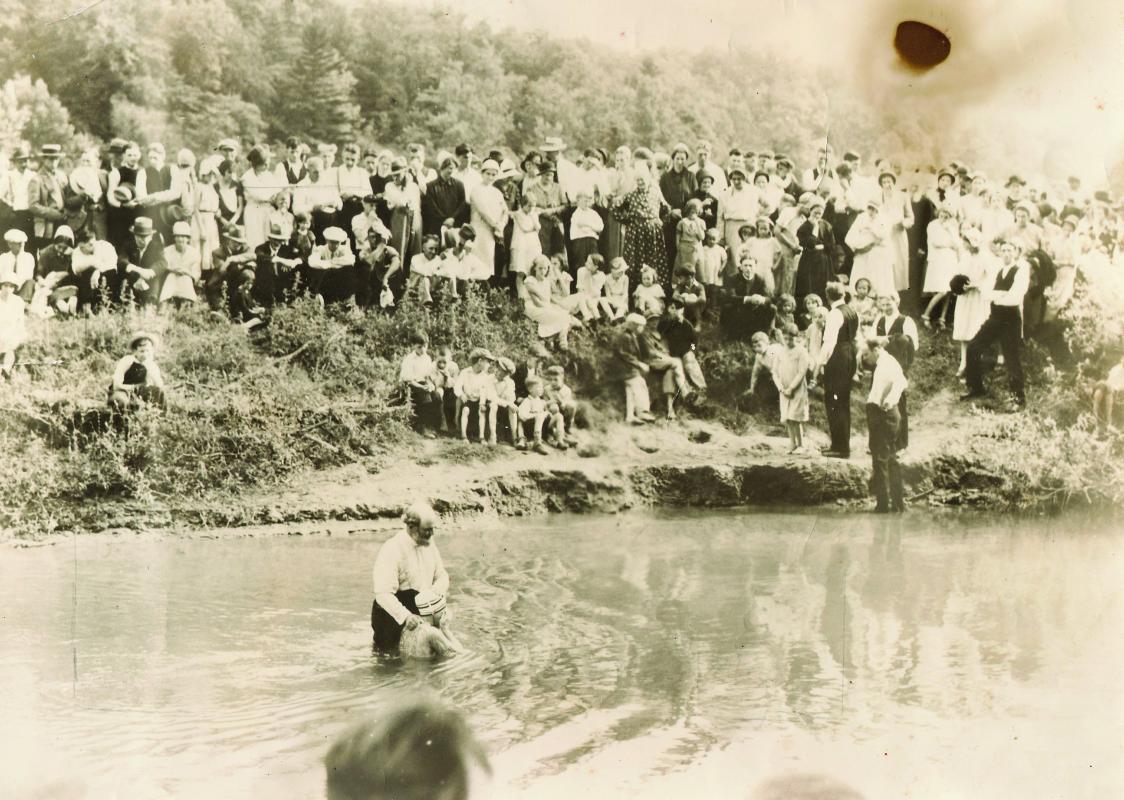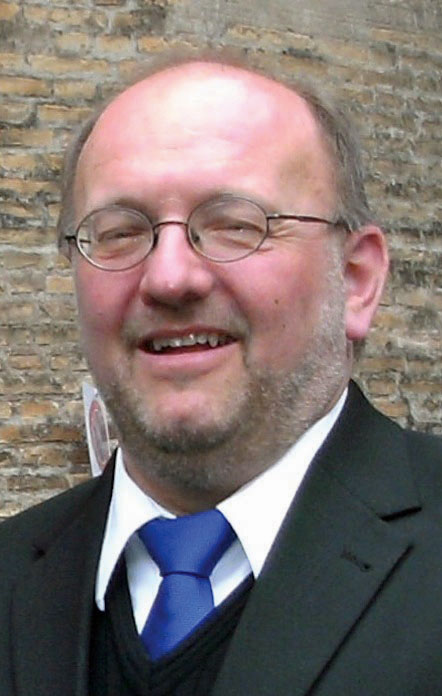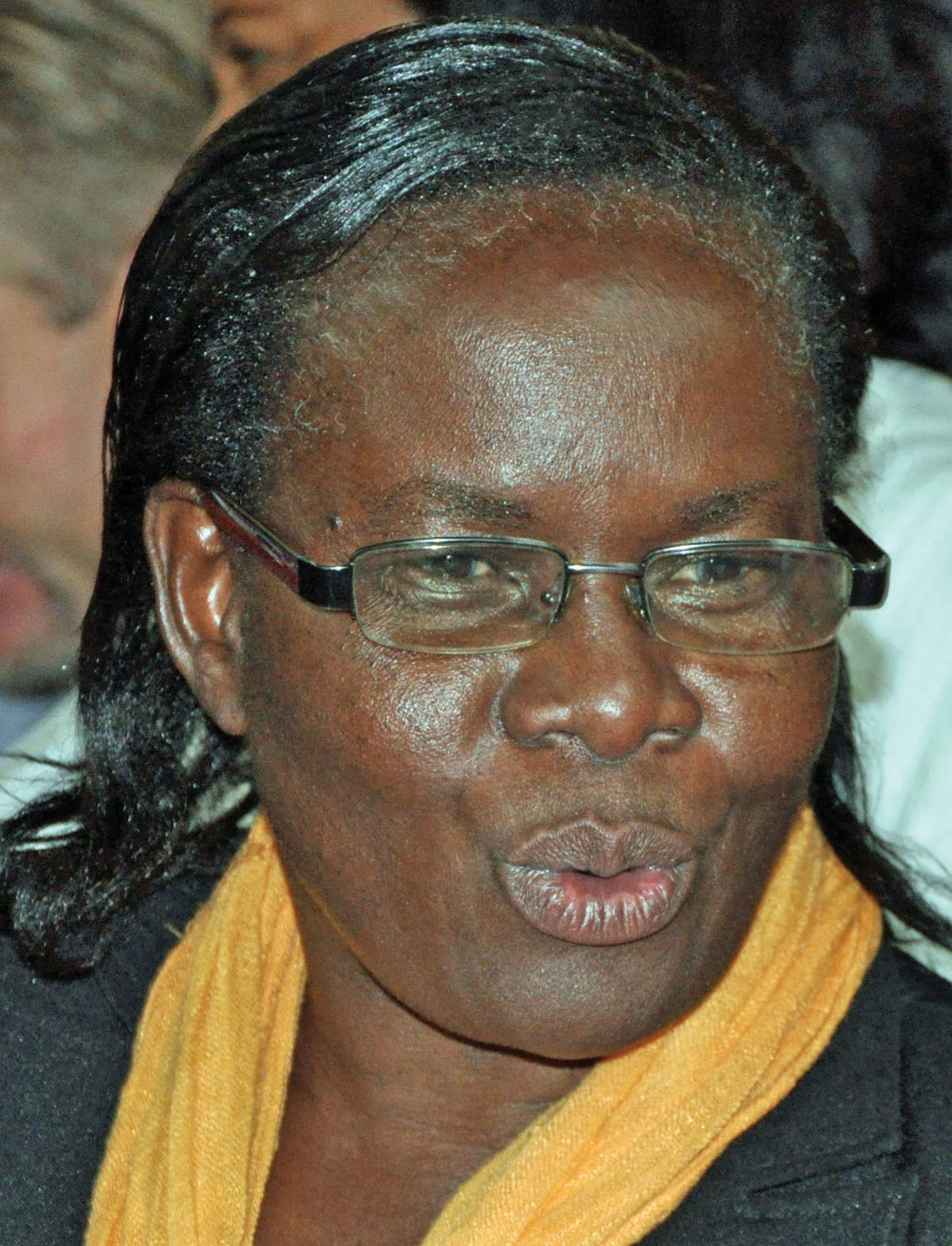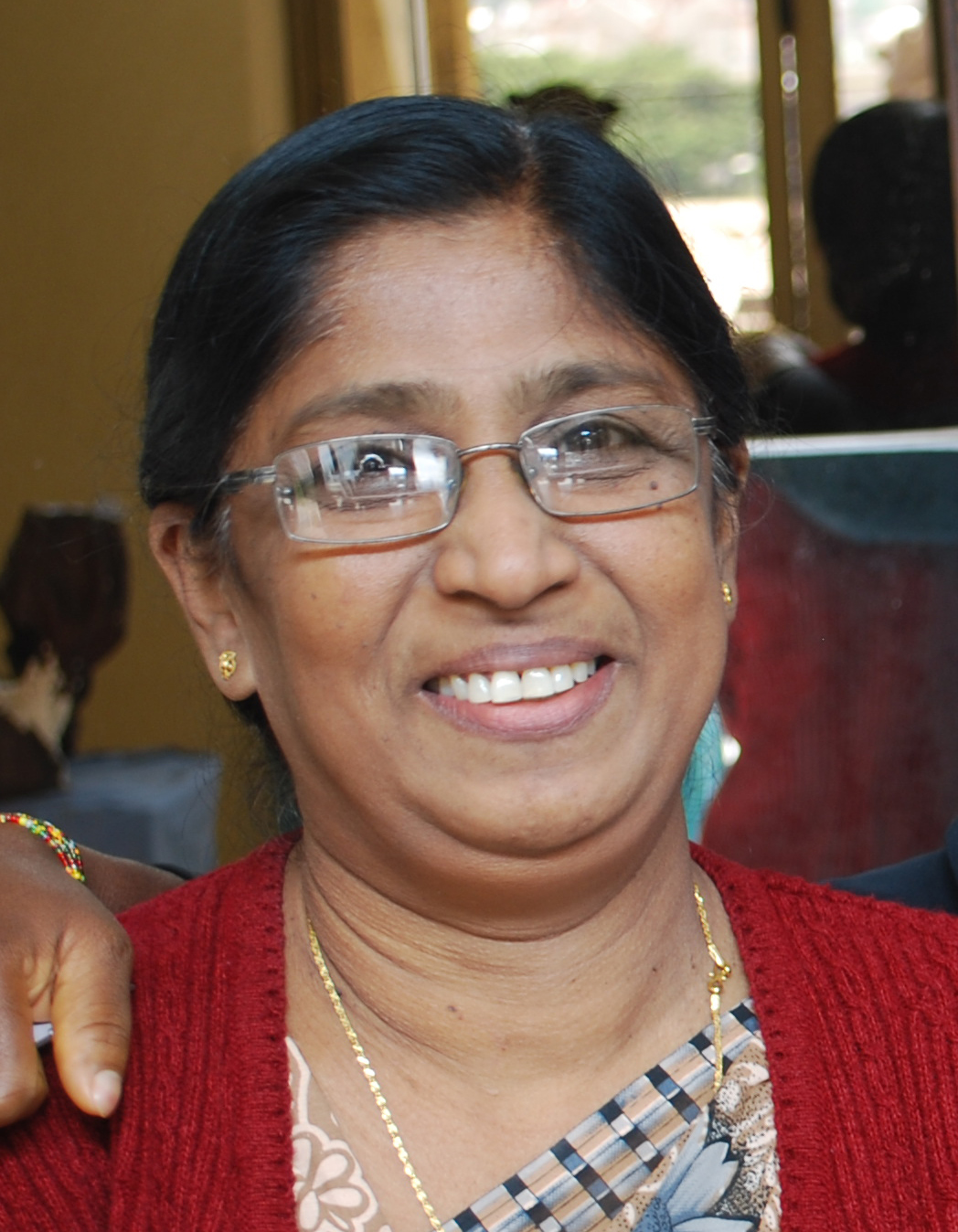-
Spain: Old churches in new Europe
Christianity is experiencing rapid decline in Europe. We have gone in the past two or three generations from being an outwardly Christian culture, to something post-Christian. In general, statistics from Mennonite World Conference indicate that the evolution of the old Mennonite churches in Europe reflect this same tendency. One exception is the case of…
-
A visit with Danisa Ndlovu
Threatened with death by a group of Freedom Fighters when he was 19, Danisa Ndlovu confesses to sensing that he may have been born “for such a time as this.” “For some reason I was singing a gospel song in a really loud voice that morning as I walked down to the river. When…
-
Not So With Us
Power in Church Leadership: Exploring our shared commitment to doing church together As a global communion of Anabaptist-related churches, we share a common commitment to doing church together. We also acknowledge that the church needs leaders who take responsibility for guiding and shepherding the flock. Yet we know that in our diverse contexts of church leadership, power…
-
A Blessing or a Curse?
Power in Church Leadership: Exploring our shared commitment to doing church together As a global communion of Anabaptist-related churches, we share a common commitment to doing church together. We also acknowledge that the church needs leaders who take responsibility for guiding and shepherding the flock. Yet we know that in our diverse contexts of church leadership, power…
-
Beyond Domination and Control
Power in Church Leadership: Exploring our shared commitment to doing church together As a global communion of Anabaptist-related churches, we share a common commitment to doing church together. We also acknowledge that the church needs leaders who take responsibility for guiding and shepherding the flock. Yet we know that in our diverse contexts of church leadership, power…
-
Le pouvoir dans l’Église
Exploring our shared commitment to doing church together As a global communion of Anabaptist-related churches, we share a common commitment to doing church together. We also acknowledge that the church needs leaders who take responsibility for guiding and shepherding the flock. Yet we know that in our diverse contexts of church leadership, power gets exercised in…
-
The challenge of diversity: A call to discernment and transformation
Today, our community of Anabaptist-related churches spans the globe, incorporating people from many different cultural, ethnic and political backgrounds. We are, without a doubt, a diverse community. Whenever we gather, we enjoy this diversity and feel enriched. Still, at times questions arise and we find ourselves irritated. Diversity is also a challenge! Are there limits…
-
Canada: Pilgrims, strangers, disciples
Like the Mennonites (and other Anabaptists) of every country around the world, Canadian Mennonites are rooted in their nation and affected by its history. In global terms Canada is a very large country, spreading 7,000 kilometers from the Atlantic to the Pacific to the Arctic. It is also one of the wealthiest nations in…
-
A Glimpse of the Universal Church
Global Communion and Why It Matters: Exploring our shared commitment to being a worldwide family As Mennonite World Conference, we share a commitment to being a worldwide communion (koinonia) of faith and life. Together, we seek to be a fellowship that transcends boundaries of nationality, race, class, gender and language. Yet because of our diversity,…
-
The Interdependent Existence
Global Communion and Why It Matters: Exploring our shared commitment to being a worldwide family As Mennonite World Conference, we share a commitment to being a worldwide communion (koinonia) of faith and life. Together, we seek to be a fellowship that transcends boundaries of nationality, race, class, gender and language. Yet because of our…
-
Strength in the Gathered
Global Communion and Why It Matters: Exploring our shared commitment to being a worldwide family As Mennonite World Conference, we share a commitment to being a worldwide communion (koinonia) of faith and life. Together, we seek to be a fellowship that transcends boundaries of nationality, race, class, gender and language. Yet because of our…
-
Global Communion and why it matters
Exploring our shared commitment to being a worldwide family As Mennonite World Conference, we share a commitment to being a worldwide communion (koinonia) of faith and life. Together, we seek to be a fellowship that transcends boundaries of nationality, race, class, gender and language. Yet because of our diversity, each MWC member church brings a…
